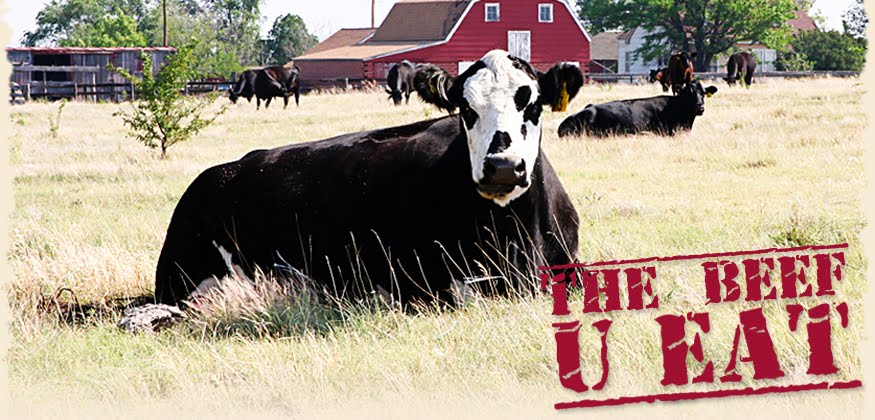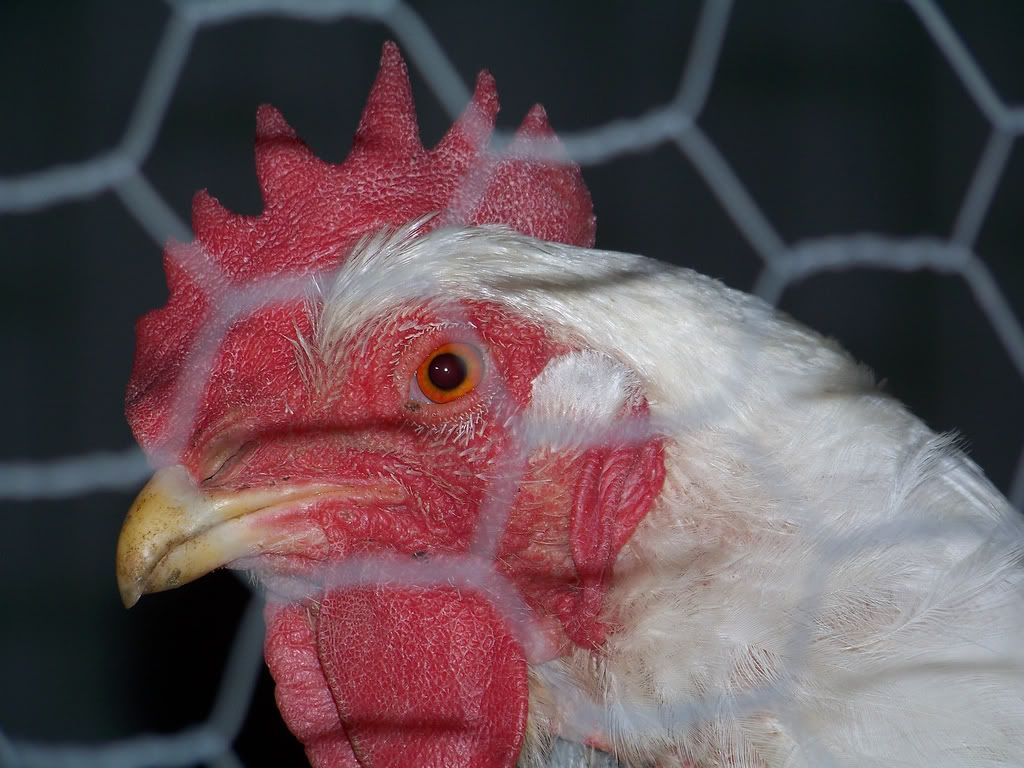First, I'm sorry it has been a while since my last post. Graduate school has been a bit chaotic lately, and the blog had to take a back seat to bigger priorities and values for a few days. The good news is the spring semester is almost over, and personal time will be more plentiful soon. Hopefully I can keep the delays to a minimum until May 15.
Also, before I dig into this topic, I need to get something off of my chest. I'm a closet poultry expert. Yep, it's true. In 2003, I was the FFA's third best poultry evaluator in the nation. I traveled throughout the state of Kansas touring hatcheries, egg laying operations and broiler houses.
I've actually cut up a whole chicken into all the little pieces you buy at the grocery store. I can tell about all the things that go into egg grading and share how differences in lighting, moisture and litter can affect the welfare of chickens. Plain and simple, I know a little bit about the poultry industry.
This insight comes with benefits and burdens. The benefits follow the old saying "know thy enemy." Poultry and beef are competitors in the meat case, and beef producers can always learn a thing or two from those proteins that compete for the same consumer's dollars. It's nice to have a little bit of inside knowledge on what happens in a competing industry.
The burden comes from knowing what is right and hearing self-proclaimed experts, who never set foot on a farm, get it all wrong. I get a little riled up when people start talking about free-range and cage-free chicken production as the utopia for chicken welfare and food safety. They couldn't be more wrong, and I applaud the Des Moines Register for getting it right.
Here's what you need to know about chickens:
- Chickens are a bird of prey. For hundreds of years, the beloved chicken has been hunted by chicken hawks, the neighbor's dog, skunks, coyotes, eagles, humans, wolves, etc. If an animal eats meat, the chicken is on its menu. Chickens always feel like they are being hunted because let's face it, they usually are.
- Chickens are a social animal. They feel safe in large numbers. If you get a chicken separated away from its flock, it is going to claw, peck and fight its way back to the group by whatever means necessary.
- A chicken's brain is about the size of a small marble. Nothing against the chickens out there, but they aren't smart. They are clumsy. They will crush their chicken friends if you let them. They will poop all over the place. They will stop and occasionally lay an egg in the middle of nowhere. These things aren't intentional. They just happen. Chickens don't know any better.
When you adopt a cage-free poultry system, chickens clump together. When they get scared, they clump together even more and someone usually gets smothered. We aren't talking about one or two chickens who are unhappy about their personal bubble being invaded. We are talking dozens of chickens dying and getting injured.
Then, there's the whole sanitation issue. Chickens will poop everywhere if you let them, and to a certain degree, they will also lay eggs wherever you let them. That means you can get some poopy eggs on occasion. Throw a few scared and careless chickens into the same pen, and you can get broken eggs too.
The idea of free-range chickens is filled with contradictions. Chickens don't like walking around in wide open space. It's probably the reason we never heard of the great chicken drives of the 1800s. Chickens want cover over their heads to keep predatory birds from carrying them off. So, free-range poultry is just a fallacy.
You can open the door to the chicken coop, put a fence around the outside of the coop and give chickens the choice to be free-range, but most chickens will simply poke their head outside, maybe walk ten steps out the door and walk right back into the coop where it is safe.
The modern poultry system might be different than the system grandpa and grandma used to raise chickens, but that doesn't make it wrong. It's a safe, sterile environment that actually provides for the animal welfare needs of chickens.
It's OK for beef producers to fight with poultry producers in a competitive nature, but the battle to keep people informed about livestock production is shared by both fronts. The truth about chicken welfare is worth passing onto others.
Photo source: http://www.flickr.com/ member Avia Venefica





Great post, Lance. I'm working on some animal welfare blog posts, so I'll be sure to link my readers over here!
ReplyDeleteKeep working hard on the 4th floor...it's almost summer. :)
Lance- Interesting commentary. A couple of things came to mind when reading this article. First off, I think you may be misleading some folks in stating that chickens would choose to remain in a coupe rather than out roaming around. As a closet poultry expert myself (we have always had 15-25 chickens running around at home) I can tell you that they spend the majority of the day-time out "scratching" and "dust bathing," two natural desires of chickens that are generally denied of them in most modern production practices. You can bet that they will always make it back into the coupe by nightfall and they usually wont ever be further than 500 yards from the entrance, but they do a fair amount of roaming just the same.
ReplyDeleteI don't think its much of a stretch to say that the poultry industry has sacrificed some animal well-being in the name of efficiency. Cage-free or caged, modern production of poultry is, as you stated in your blog, not a natural system, and some natural desires of the birds are probably denied. I suppose similar arguments could be made for all other meat production chains, but I think it's important that we own up to these facts and not try to sugarcoat it. Somewhere there is a balance between efficiency and ethics. Maybe we are there and maybe we aren't, but one thing is certain, consumers are becoming aware of this balancing act. Producers would be well-advised to keep an open ear.